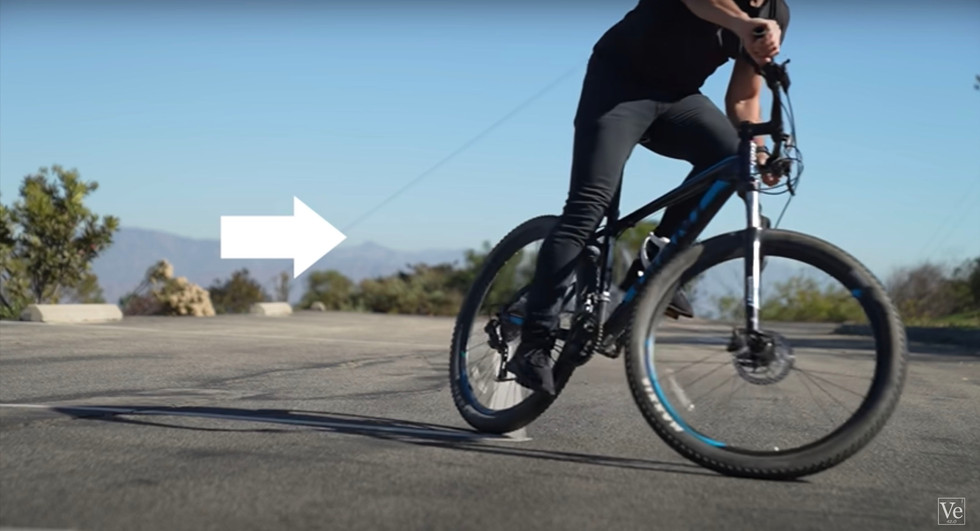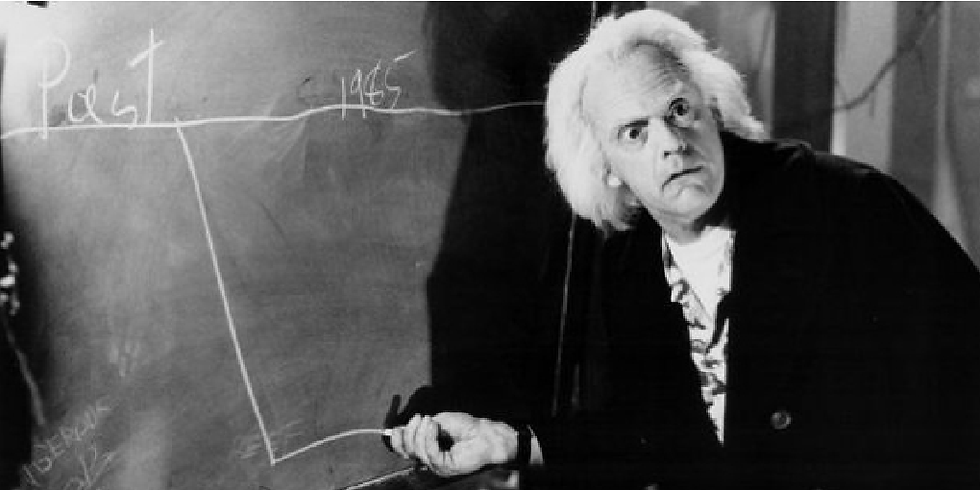Change is as “easy” as riding a bike
- Nov 7, 2022
- 4 min read

Change is as “easy” as riding a bike… when we really know how to do it.
But do we actually know How?
Do we even know how to ride a bike?
I thought I knew… until I saw this video:
And then I realised that while I was able to ride a bike, I did not have a clear idea about how I was doing it.
First of all, I didn’t realise that while the simple and ubiquitous bike design that we see everywhere is actually a very precise result from hundreds of gradual improvements that are taking advantage of several laws of physics to make our ride much smoother and safer.
For example, I didn’t know that if the bar holding the front wheel was inclined back by only a couple of degrees, your bike would be infinitely harder to maintain in equilibrium and would keep falling at the slightest moment of distraction.

Second, I was not aware that what I thought I was doing to ride a bike was actually different from what I was actually doing…
...Let me explain
Here, I am referring to the fact that I always thought that in order to turn a bike in a certain direction (left for example), I couldn’t just turn the handlebars to the left. I needed to turn it slightly in the opposite direction in order to generate a disequilibrium and make me lean towards the left side and allow me to turn in that direction.
Now, you might be wondering “Why are you talking so much about bikes?” and “What does it have to do with Change?”
The reason this video resonated with me is that it represents something that happens to us very often.
Not the biking, but the incorrect belief that we know how something works.
Sometimes, like with biking, we unconsciously learn to make it work without even realising how we do it.
Even though we are usually not aware of it, we learn to counter-steer and move the bike in the desired direction, and we are completely blind to the precision of design that is already part of the bike.
But other times, this false belief leads us to a lot of necessary frustration over and over again.
One of the areas where I have seen (and experienced) a lot of this frustration is with implementing behavioural changes, sometimes in myself when implementing new habits, but more often in teams and organisations that are trying to improve their way of working.
While we all probably heard that it can be difficult to implement changes, we still often believe that communicating what we want to achieve and maybe defining some steps towards that goal should most of the time be enough.
But just like with riding a bike, we are often not aware of all the hidden dynamics that are necessary to successfully implement changes.
And when our initial efforts don’t produce the results we want, we often repeat the same process as before, and after several unsuccessful attempts blame the failure to change on elements such as:
Lack of motivation of the team
Inertia in the organisation
Or the change just being impossible to implement (because we tried so many times)
…
In the end, we end up frustrated and resentful. We end up blaming ourselves, our teammates or the organisation and sometimes abandon all hope and desire to change.
But the truth is that in order to successfully implement changes we often need to become proficient with several skills and methodologies that we might not even be aware of but that are essential to be able to change.
Skills such as:
Generating alignment and engagement within the teams behind the objectives we are trying to achieve
Communicating our ideas in a clear, concise and inspiring manner
Raising awareness about the need for change
Building trust and a safe space to promote participation from everyone who is implicated
Effectively listening to others in order to understand each person’s perspective and integrate all ideas in the process
Integrating the new behaviour in our day to day
Breaking down our goals into very small and easily achievable actions
Finding where and when they fit in our existing routine
Maintaining focus on continuous action and progress
Identifying and removing frictions, obstacles, counter-productive beliefs
Resolving conflicts and disagreements between all the people implicated
Setting boundaries regarding undesired behaviour
Removing distractions and saying NO to other initiatives that would dilute or interfere with our focus
Adapting to changes in context or results
Defining ways of measuring the effectiveness of the actions we take
Detect inconsistencies and adapt our actions
etc.
While this long list can seem “daunting” and discouraging, I consider it good news. It basically means that, most of the time, our lack of progress is not due to some inherent character traits of our teammates, their lack of motivation of cooperation or the organisational structure.
Our difficulties are more often strongly related to skills we can work on and improve.
And when we do develop and improve these skills, we will stop falling off the bike and start moving forward.
Have you experienced something similar to this in your efforts to drive change?
Are there other metaphors you found useful for you?













Comments